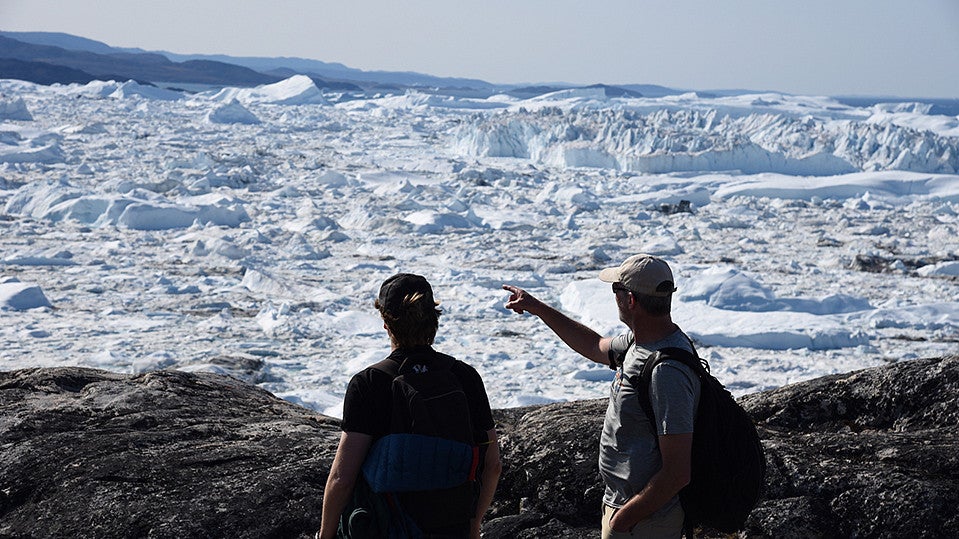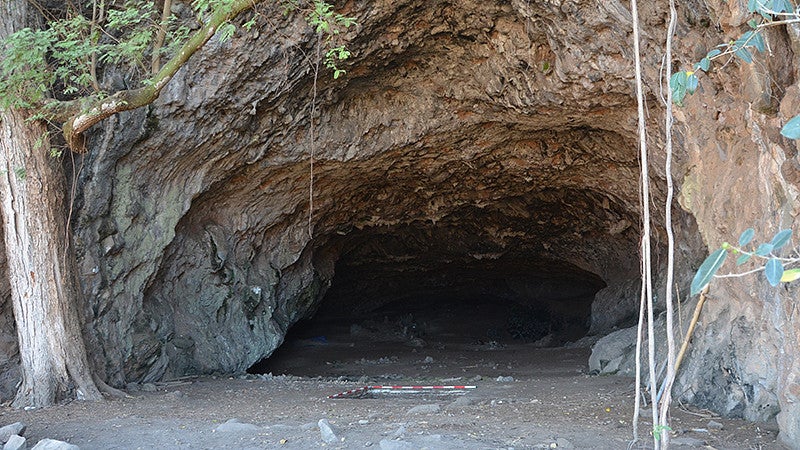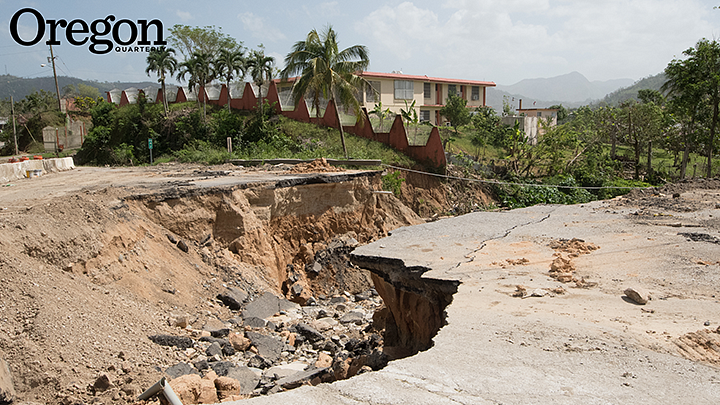
A new digital humanities project led by UO researchers and Libraries shares and validates the Afro-Indigenous knowledge of Caribbean women healers
Asked to picture a front-line healthcare worker, most Americans probably wouldn’t think of someone like Doña Daniela. But in her rural Dominican community, people consider her the leading authority for help with many illnesses and traumas.
Daniela specializes in the preparation of botellas, or herbal extracts. Hidden behind her home in the mountainous countryside, she maintains a small conuco, or traditional plot, where she cultivates medicinal plants. Its location must be kept secret from the local priest—Daniela’s healing tradition also involves consultations with spirits, and people suspected of such practices are denied communion in the church.
Elsewhere on the island, in the bustling city of Santo Domingo, former journalist Abbebe Oshun leads a ceremonial community devoted to healing and empowering women. Abbebe’s urban garden contains trees and shrubs planted in correspondence to the Afro-Caribbean orisha deities, but her healing practice also incorporates non-indigenous techniques like reiki and prana. All ancestral lineages are respected here, and visitors arrive from throughout the islands and as far away as the US and Europe.
These two women—very different in many aspects of their backgrounds and lifeways—represent the contemporary diversity within Afro-Indigenous knowledge traditions. Both are contributors to Caribbean Women Healers, a University of Oregon digital humanities project featuring elders who currently live and work in Cuba, the Dominican Republic, Puerto Rico, and the US Pacific Northwest.
Caribbean Women Healers
Decolonizing Knowledge within Afro-Indigenous Traditions:
Learn more about this project and other digital humanities work of the UO Libraries.
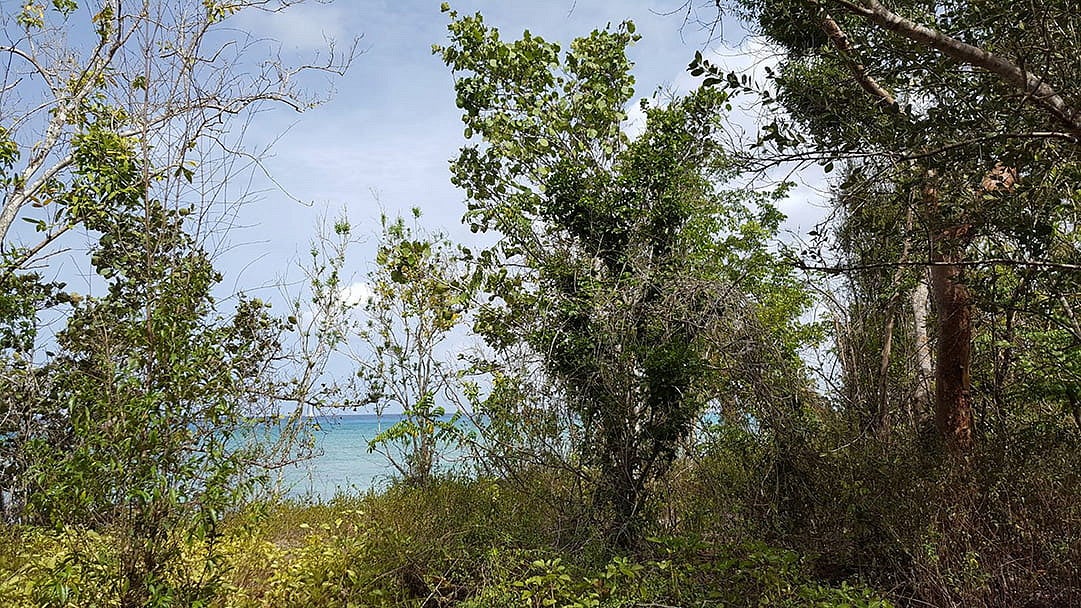
Six distinct systems of knowledge and spiritual tradition are highlighted on the site, reflecting the diverse, complex, and often-painful histories of the Caribbean region.
The project’s foremost goal is to validate these healing traditions in opposition to Eurocentric notions of health and medicine that too often continue to dismiss them.
“One of the real drawbacks of Western epistemologies is the segmentation of personhood,” says Ana-Maurine Lara, an assistant professor of anthropology and women’s, gender, and sexuality studies.
“Medical-industrial complexes tend to view illnesses as purely physical and located in a specific organ or body part. But for the communities I work with, the body and soul are not separate—healing always involves a spiritual aspect, as well as an awareness of profound intergenerational grief stemming from the aftermath of slavery.”


Decolonizing knowledge, safeguarding traditions
Alaí Reyes-Santos, the other principle researcher, is an associate professor of conflict resolution and indigenous, race, and ethnic studies, as well as an Iya-priestess within the Afro-Cuban traditions of Regla de Osha and Regla Conga. She recalls that the project didn’t begin with an academic focus—rather, it originated in the faculty members’ spiritual practices.
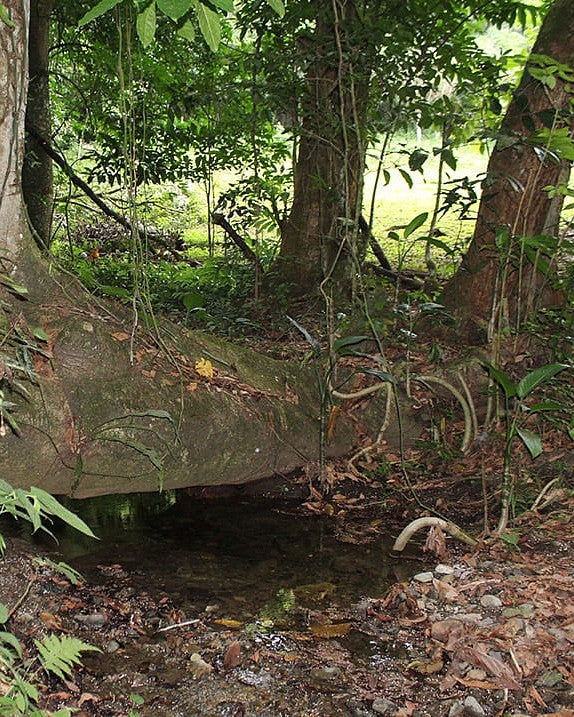
“More than a decade ago, Ana and I both received guidance that we should be doing treaty-building work between various communities of Indigenous, Afro-descendent, and Afro-Indigenous ceremonialists and healers,” Reyes-Santos recalls.
“We began by doing this work in our personal lives, building connections between communities back home in the islands, as well as in Mexico and the United States. Of course, we’re also professional researchers, so we kept thinking about how we might create a form of scholarship that could serve our elders.”
The ultimate authority, they decided, should reside with the elders themselves.
According to Lara, “Critical indigenous methodology holds us to an even higher standard than our Institutional Review Board—one that’s attentive to the ethical imperatives of the communities we work with. The community members decided what we could talk about, and they defined what our work would be in conversation with the spirits that accompany them.”
Collectively, the elders emphasized the importance of deep listening, meaning the practice of staying finely attuned to all the verbal, nonverbal, and participatory aspects of communication. Critically engaged methods adopted with their guidance included the collection of oral histories, observant participation, and transparent data collection. The elders also prioritized talking while walking—in Caribbean cultures, the researchers explain, walking is not just a method of movement, but a traditional practice of “disruption and meaning-making.”
According to Reyes-Santos, the reciprocity that was expected of them as researchers resembles the frame of mind that is essential for achieving healing outcomes within these traditions.
“To receive the healing, first you must honor the ancestors, spirits, and guardians of the healer’s house, and honor the plants that will be used in your treatment,” she says.
“When people show up with only a Western, European understanding of illness and healing—‘it hurts here, please make it stop’—they’re often confused to be asked questions about their emotional states, their ancestors, their prayers, or their relationships with the natural elements and animal life. In the Afro-Indigenous traditions, your treatment plan likely will include all these things. So, for cross-cultural healing processes to occur, some translation work needs to be done.”
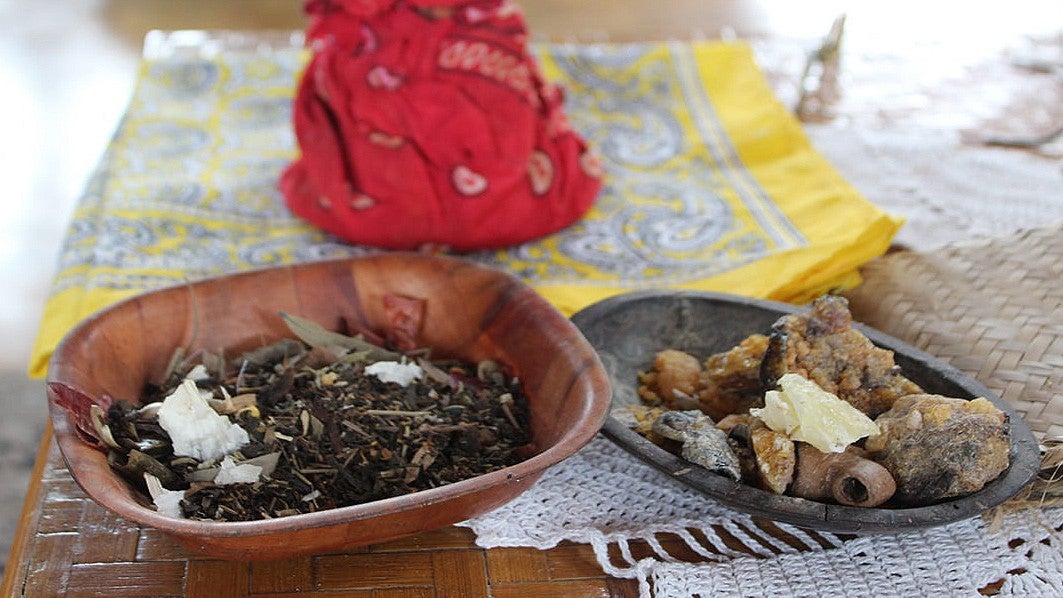
Above and beyond sharing their knowledge with a global audience, the elders attached the greatest emphasis on their need to preserve and safeguard these traditions for a viable future of living practice within their own communities, both at home and abroad.
Lara says, “Something we kept hearing from people was ‘estan vaciendo los campos,’ meaning ‘the countryside is emptying out.’ Elders lamented that their children and grandchildren were all leaving to seek out opportunities in the cities or outside the country. Because of transnational economic policies and ecological pressures, local economies in the Caribbean have been devastated.”
It was becoming obvious that their project would require a publication venue that could share information in a variety of media while communicating effectively across cultures, generations, and international communities. Additionally, there were vital responsibilities to practice good environmental stewardship—many of the wild-plant collecting sites photographed for the project are imperiled by tourism and climate change. Furthermore, the researchers had an ethical imperative to safeguard the privacy of many participants—recall Doña Daniela’s motives for hiding her garden from the priest.
For these and other considerations, current practices in digital scholarship offered the best solutions.

“Throughout, we had to keep the perspective that we were creating a website, not writing a book. This project would not have been possible without the help of the UO Libraries’ Digital Scholarship Services. Director Franny Gaede, Digital Scholarship Librarian Kate Thornhill, Interactive Technology Consultant Azle Malinao-Alvarez and the rest of the staff provided expertise in design, formatting, accessibility, and beta testing that kept us on the cutting edge of digital humanities practice.”
Caribbean Women Healers launched in the spring of 2020, just as the grim realities of the coronavirus pandemic were beginning to grab the world’s attention. In October, Reyes-Santos and Lara hosted a remote conference where Native American and Afro-diasporic traditional healers shared their perspectives on the pandemic. In the months since the event, more than 1,200 people have watched the conference video.
According to Lara and Reyes-Santos, the next step will be expanding their reach to be in conversation with communities in other regions. Thanks in part to funding they and the UO Libraries have recently secured through the Andrew W. Mellon Foundation and the Pacific Northwest Just Futures Institute for Racial and Climate Justice, the conversation will start close to home.
“We’re doing outreach with Native communities and people of color to develop a digital humanities site that will feature traditional healers and traditional ecological knowledge keepers living and working here in the Pacific Northwest,” Reyes-Santos says.
"As climate change brings increased droughts, heat waves and flooding, and impacts ecosystems essential for flora and fauna in the region, we hope to create educational tools that reflect how Native peoples and communities of color honor nature and our bodies for generations to come."


